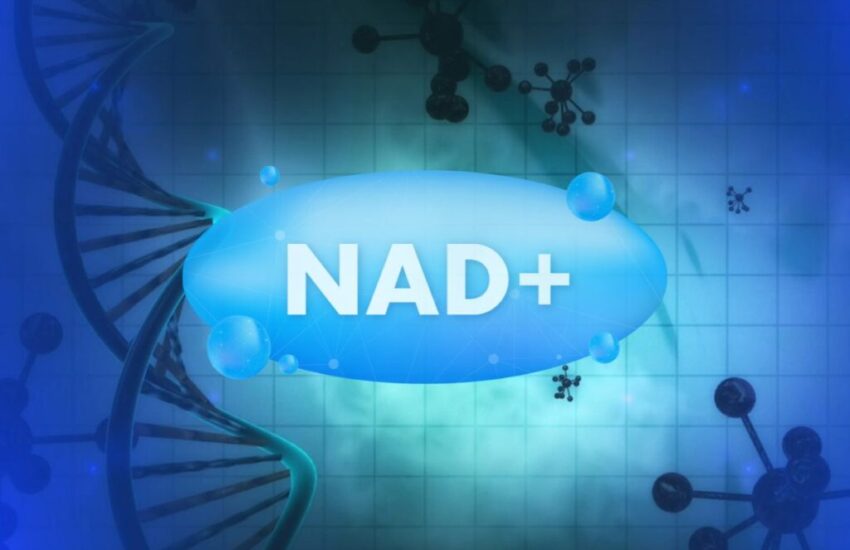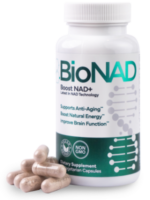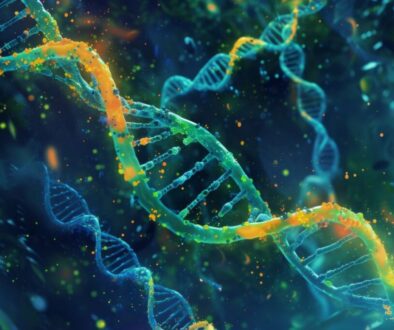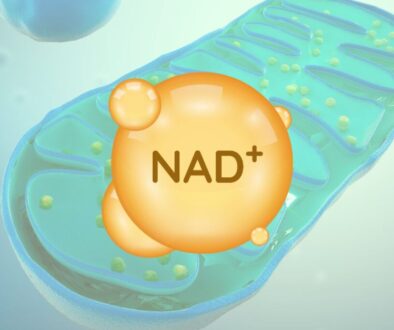NAD, NAD+, and NADH: What’s The Difference?

Published September 4, 2024
Did you know your cell health depends on tiny molecules like NAD, NAD+, and NADH? In terms of cellular and biochemical aspects, these are crucial for energy generation and overall cellular health. Without them, our cells struggle to function, affecting everything from energy levels to long-term health.
In this article, we’ll examine the NAD, NAD+, and NADH difference. We’ll also know more about their biochemical role and the potential effects of administering them via oral supplements versus intravenous therapy.
What Is NAD?
Nicotinamide adenine dinucleotide (NAD) is a crucial cofactor. It plays a key task in several biochemical processes in the body. This is especially true for energy metabolism and aging. As our understanding of these molecules grows, so does the scrutiny of their potential to enhance health and vitality. Let’s look at the NAD, NAD+, and NADH difference.

Is There A Difference Between NAD, NAD+, And NADH?
NAD, NAD+, and NADH are essential for cellular metabolism and energy production. While closely related, each form has distinct functions in the body. Knowing their differences can highlight their significance in biochemical processes and overall health.
NAD And NAD+
NAD is a broad term that encompasses various forms of this essential coenzyme. It plays a fundamental function in redox reactions. It facilitates the transfer of electrons during metabolic processes.
NAD+ is the oxidized form of NAD. It can accept electrons from other molecules, helping to catalyze critical biological reactions. This electron transport is vital for the generation of ATP, the cell’s primary energy currency.
NADH
NADH is the reduced variant of NAD, formed when it accepts electrons and hydrogen atoms. It acts as a critical electron carrier in the electron transport chain, comprising a series of reactions that produce ATP. By participating in energy metabolism, NADH ensures that cells receive the energy necessary for optimal function.
The NAD+ And NADH Cycle
The conversion between NAD+ and NADH creates a continuous cycle essential for cellular respiration. NAD+ accepts electrons and hydrogen atoms, which transform it into NADH. NADH then donates these components to the mitochondria, helping produce ATP.
This cycle is vital for maintaining energy balance within cells. Reduced NAD+ levels often disrupt this cycle, which can lower cellular efficiency and is linked to aging and various health conditions.

Oral Vs. IV NAD
Enhancing NAD levels in the body can be done with oral supplements or intravenous (IV) therapy. Each option has its advantages and drawbacks.
- Oral supplements. These are convenient and readily accessible, but their effectiveness may be compromised. The digestive process and variations in gut absorption can significantly reduce bioavailability. This means less NAD reaches the bloodstream and cellular targets.
- IV therapy. This approach delivers NAD directly into the bloodstream. This ensures immediate and complete absorption by cells. By evading the digestive system, IV therapy offers a more efficient way to elevate NAD levels rapidly.
The Significance Of Sustaining NAD+ Levels For Healthy Aging
As we age, it becomes increasingly important to maintain optimal levels of NAD+ to preserve our health and vitality. NAD+ is a coenzyme found in every cell. It plays a crucial role in cellular energy production. It facilitates metabolic processes that convert nutrients into energy.
In addition to energizing our cells, NAD+ is crucial for DNA repair, addressing the cellular damage that accumulates over time. This repair mechanism is vital. It may help slow the aging process and promote longevity.
NAD+ supports cognitive function and enhances brain health. It improves mental sharpness and contributes to cellular wellness. By maintaining adequate NAD+ levels, we can strengthen our bodies against aging.

The Power of NAD, NAD+, and NADH in Cellular Health
Understanding the NAD, NAD+, and NADH difference is essential. Each has distinct roles that contribute to cellular function and overall health. As research into these molecules progresses, their potential to enhance energy, improve cognitive function, and potentially slow aging-related decline represents a promising area of exploration.

Try BioNAD Now & Experience The Boost!
NAD+ (Nicotinamide Adenine Dinucleotide) is a crucial coenzyme found in every cell of your body, playing a vital role in cellular energy production and metabolism. BioNAD supplements aim to elevate your NAD+ levels, providing numerous health benefits.

About The Author
Meet Corinne Grace, a nurse with a passion for writing. Her expertise lies in health and wellness topics, where she blends academic knowledge with engaging story telling.

This Content Has Been Reviewed For Factual Accuracy
This content has undergone thorough fact-checking by our team of experts. Learn more about the editorial standard for our website here.




